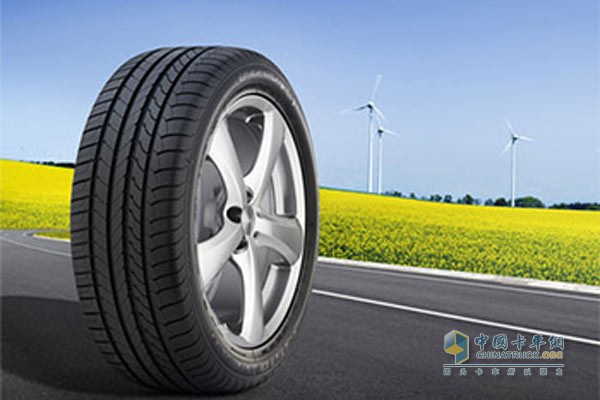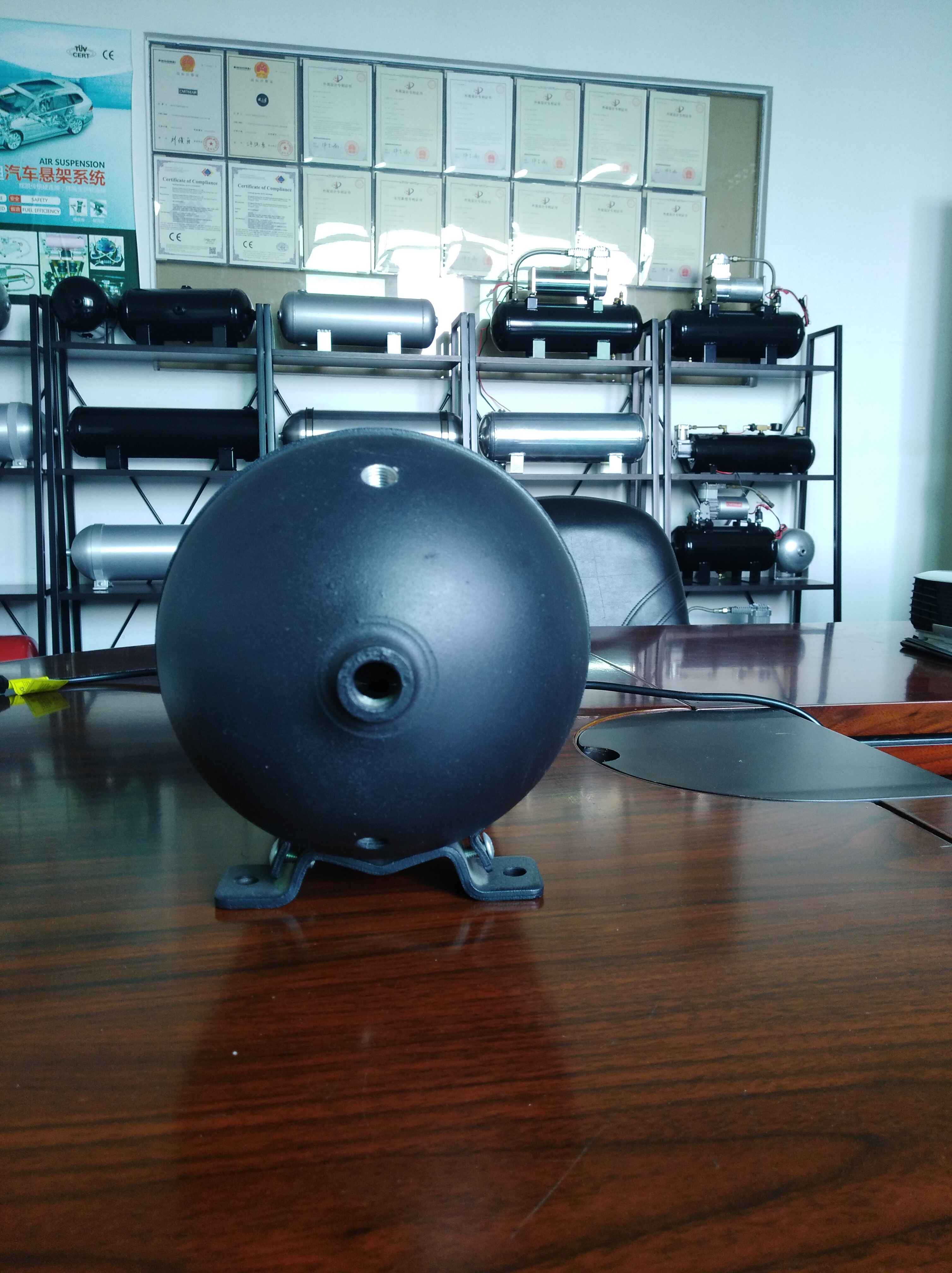It is not an easy task to bring together CEOs and presidents of several major tire companies in the world. However, if they are all particularly interested in a particular issue, it's a different story.

What are the tire giants discussing?
Recently, these tire industry giants held a gathering in Chantilly, France, to participate in the World Business Council for Sustainable Development (WBCSD) tire industry project (TIP) meeting.
This time their focus is on sustainable development.
Giants' research
It is reported that companies participating in this gathering include Goodyear , Bridgestone and Michelin , three co-chairpersons of TIP, and horse brands, Cooper, Hankook, Kumho, Pirelli, Sumitomo, and Toyo ) and Yokohama.
These 11 tire companies currently add up to 65% of the world's total tire production. Therefore, looking at this list of participants alone, you can know the gold content of the meeting.
At this meeting, the tire giants published a conclusion: The rubber particles produced by tires and wear on the road surface are not harmful to human health.
It is said that this conclusion was reached after several years of research. They also announced the results of a study by the Organisation for Economic Co-operation and Development (OECD) that the use of nanomaterials is more conducive to the sustainable development of society in the manufacture of tires.
According to relevant personnel of the World Business Council for Sustainable Development, continuous monitoring of the atmosphere around the cities of Los Angeles, London, and Tokyo revealed that the 2.5-micron content of harmful substances in the rubber particles produced by tires and road wear is very low. Even lower than the threshold of harmful human health settings set by countries around the world.
This means that when the tire and the road are rubbed, the generated PM2.5 is not enough to cause harm to the human body. To further prove this point, the organization also made additional toxicity tests on the rubber particles produced by tires and road wear.
At the same time, the OECD study showed that the use of nanomaterials for tires has a positive impact on society and economy. In the study, they also outlined a best practice for the safe development and use of nanomaterials in tires.
Focus on sustainable development
With the rapid increase in global automobile production and holdings, the issue of sustainable development of the tire industry is increasingly drawing attention from all countries. Related factors include environmental impact, market demand, industry challenges, and development prospects.
According to the Tire World Network, the World Business Council for Sustainable Development (WBCSD) was formed by the merger of the former Business Council for Sustainable Development and the World Environment Industry Council in 1995 and is headquartered in Geneva. Its purpose is to promote dialogues, exchanges, and cooperation among enterprises, governments, and social organizations in the field of sustainable development, and on this basis, promote the openness and common prosperity of the entire society.
The council adheres to its commitment to sustainable development based on three pillars: economic growth, ecological balance, and social progress. It covers many areas such as ecology, energy, and climate. At present, its members have more than 190 companies in 35 countries, and their member production value accounts for more than 50% of the world's total output value.
Relevant persons told reporters that the activities of the World Business Council for Sustainable Development reflected the belief of “pursuing sustainable development and commercial mutual benefitâ€. This also includes the Tire Industry Project (TIP).
The WBCSD Tire Industry Project has 11 multinational tire companies participating, and on this basis, a tire industrial project working group has been established. The project is mainly engaged in the research of nanomaterials (cooperation with OECD), tires and road wear particles (tire manufacturers), scrapped tires (assessing and sharing best practice experience, and publishing an efficient end-of-life tire management system framework). The four countries of the brick (Brazil, Russia, India, China) cooperated to carry out related projects.
In January 2014, invited by the World Business Council for Sustainable Development, the China Rubber Industry Association participated in a symposium on environmental issues related to waste tires in Beijing.
From 2008 to 2013, TIP published articles such as "Scrolled Tire Management (2008)" and "Efficient Management System Framework (2010)" on scrapped tire management research, and discussed the situation of scrapped tires with the BRIC countries.
1. All enquiries will be valued and replied within 24 hours;
2.we will give you any professional suggest, according to different market and products for new customers;
3. Our Inspect Department will test each batch to ensure high quality, with material test & performance test;
4.Quick & efficient delivery to guarantee your inventory;
5.Good package to protect the products;
6.Your any feedback will be highly appreciate to make sure we can do better and better;
7.Accept OEM & ODM, our strong design team support custom products according to customer`s requirement;
8.Sample or small order is welcome;

Air Tank
Air Tank,Air Compressor Tank,High Pressure Air Tank,Mini Air Tanks
Hangzhou Hanray Industry Co., Ltd , https://www.airsuspensionride.com